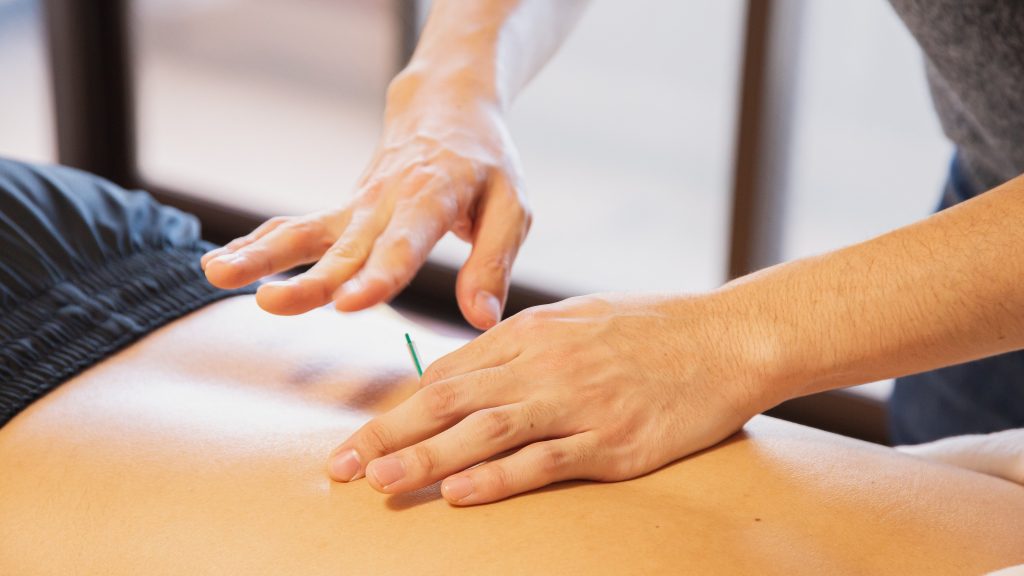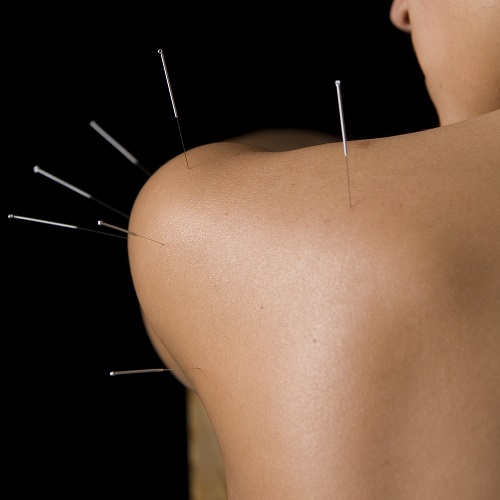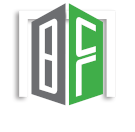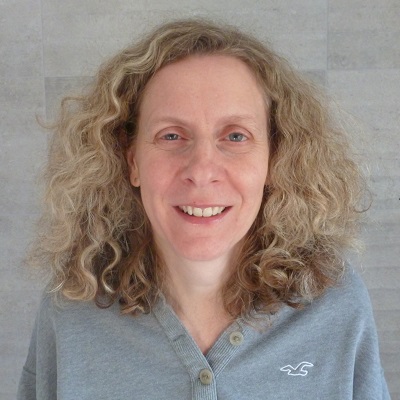In Conversation With… An interview with Gillie Salter, Acupuncturist
As part of our series of blogs, meeting the people who work at Bedford Consulting Rooms; BCR’s Helen caught up with Acupuncturist, Gillie Salter, to find out what she does; the types of clients she works with; and what inspires her in her work.
If you’ve never heard of Acupuncture, or just want to know a bit more about whether it may help you (or your family member, friend, or colleague), then read on…
Fact File:
• Gillie graduated from the Acupuncture Academy (Leamington Spa) in December 2020 after 3 years’ degree level training, with a distinction in the Professional Licentiate in Acupuncture
• She is a member of the British Acupuncture Council (BAcC), the UK’s leading Regulatory Body for traditional acupuncture, and the largest, with over 2,500 members.
• BAcC members must have at least 3,600 hours’ degree-level training; 400 or more of which in a clinical setting
• The BACC is regulated by the Professional Standards Authority (PSA), which is accountable to the UK Parliament
Helen: What was your work background before acupuncture?
Gillie: My background is in nursing, having worked as a district nurse, where I really enjoyed the work, in particular meeting and looking after people from all different backgrounds. Later on, I studied further, gaining a Masters degree in Medical Anthropology.
Helen: For people who haven’t come across it before, can you tell us a bit more about medical anthropology?

Gillie: Anthropology in general looks at what makes us human, how people live, and is a holistic approach, with medical anthropology specifically looking at how the practise of medicine, and health and wellbeing are understood and approached in different cultures and settings. For my dissertation, I used Ethnography, which is a systematic way to study cultural phenomena, within an elderly day care setting.
Helen: What led you from nursing and medical anthropology, toward acupuncture?
Gillie: After having my two children, the logistics of going back into nursing just weren’t practical, so I took on other roles including as a teaching assistant, and volunteer work, before combining my experience and interest to study acupuncture. I had looked into acupuncture and became certain that it was for me, after attending an open day at the TAA college in Leamington Spa, which inspired and impressed me.
Helen: What do you value about acupuncture that sets it apart from other approaches?
Gillie: It is the cultural aspect of the TCM (Traditional Chinese Medicine) approach that appeals to me, looking at the whole person within the treatment approach, in contrast to the Biomedicine (Western, allopathic) approach which works from viewing the mind and the body as being separate from each other.

Helen: Do you have any special interests within acupuncture practise, or patient groups that you work with specifically?
Gillie: I enjoy all aspects of the variety that comes my way, as acupuncture can contribute so much to many different people, for their concerns and conditions. I treat all ages, including children.
Helen: How can someone interested in acupuncture find out more, and book in with you?
Gillie: Myself, and the other acupuncturists at Shaftesbury Clinic, offer a free 15 minute phone call, video chat or in-person consultation for a prospective patient to speak to one of us, and ask any questions they have about acupuncture.
This way, they can be given the information they need, and a realistic appraisal of what we can offer, so they can decide whether this is the approach for them.
There are a few ways to book: There’s a link on the clinic’s website to book in for a 15 minute chat, or for a treatment; alternatively they could ring the clinic direct to book on 01234 511522; or send me (or one of my colleagues) a contact form. The link to my contact form is here – and I can reply by email and take it from there.
Helen: Finally, when are you available to see patients in Bedford, Gillie?
Gillie: I work Mondays at Shaftesbury Clinic (based at Bedford Consulting Rooms). My colleague Phil Rose-Neil works Tuesdays, Thursdays and Saturdays; Louise England on Tuesdays, and Darren Haines on Fridays.
Helen: Thank you for talking to me about your work today, Gillie!
Fact File:
• Acupuncture can safely be used by the vast majority of patient groups, and is safe in pregnancy; as there are very few contraindications
• On the Shaftesbury Clinic website, there are Condition Resources Pages, linked to evidence-based factsheets, including the most commonly requested reasons for attending acupuncture.
• A huge number of clinical #guidelines now recommend/suggest acupuncture as an approach; most commonly for musculoskeletal, connective tissue, neurological, obstetrics & gynaecology, women’s health, oncology and gastrointestinal issues. (Zhang & al 2022)
• The British Acupuncture Council also has a number of resources for you to take a look at, including a 30-minute documentary about acupuncture
Important to know: Chronic health conditions should be addressed under the direct medical supervision of your GP or consultant, and acupuncture would be an adjunct or complement to usual care – it’s advisable to let your doctor know when you use this approach.
Reference:
Zhang, Y.Q., Lu, L., Xu, N., Tang, X., Shi, X., Carrasco-Labra, A., Schünemann, H., Chen, Y., Xia, J., Chen, G. and Liu, J., 2022. Increasing the usefulness of acupuncture guideline recommendations. bmj, 376. https://bmj.com/content/376/bmj-2022-070533.full



